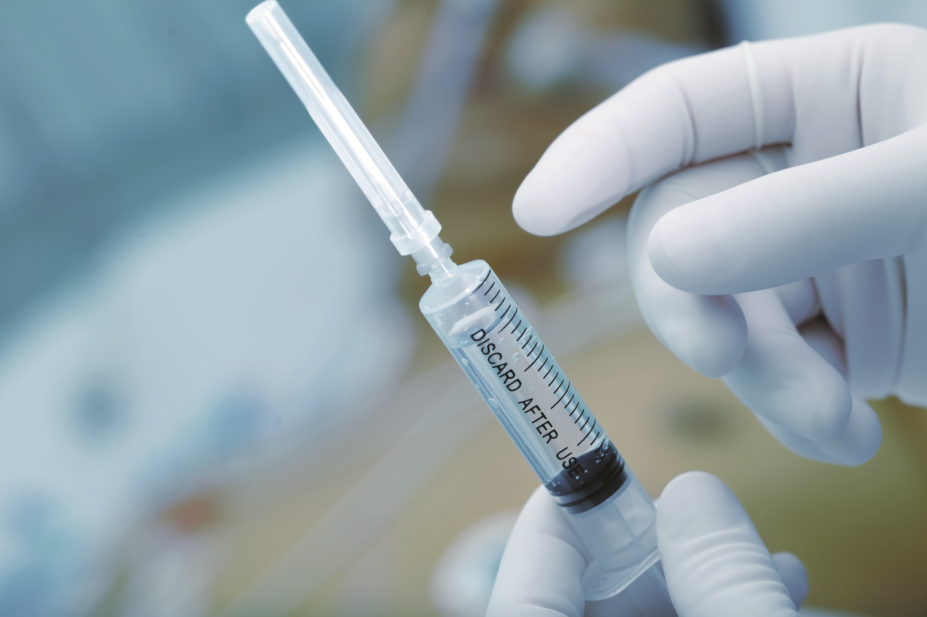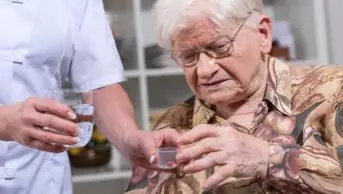
Shutterstock.com
Chief pharmacists should ensure all specialist antidotes are stored in a separate area within the pharmacy and be clearly identified as antidotes by 6 November 2020, a National Patient Safety Alert from NHS England and NHS Improvement has directed.
The alert follows a series of incidents involving sodium nitrite, an antidote to cyanide poisoning, whereby the antidote was inadvertently administered instead of sodium bicarbonate, and other sodium-containing injections.
According to the alert, which was issued on 6 August 2020, a regular review of the National Reporting and Learning System (NRLS) identified two fatal incidents where unlicensed sodium nitrite was inadvertently administered to premature babies instead of sodium bicarbonate 4.2%, a treatment to correct acidosis.
“Packaging and labelling of these ampoules look like the unlicensed sodium nitrite ampoules,” the alert said.
“As only emergency departments require sodium nitrite, mis-selection errors in other areas are likely to be due to inadvertent supply of sodium nitrite rather than sodium bicarbonate.”
A further review of the NRLS identified two more incidents whereby licensed sodium nitrite injections were inadvertently administered instead of sodium nitroprusside, a treatment for hypertension.
Although these cases did not result in significant harm, the alert said that this indicated that even with the more distinct labelling and packaging of the licensed version of sodium nitrite, there was still a risk of mis-selection.
It highlighted specific actions to be completed no later than the 6 November 2020, including removing sodium nitrite injections from all clinical areas except emergency departments, replacing all unlicensed sodium nitrite ampoules with licensed sodium nitrite vials.
Within pharmacy it said that all specialist antidotes should be stored in automated dispensing cabinets or in a separate area within pharmacy specifically designated for antidotes only and separate from the main stock; and should be clearly identified as antidotes.
Failure to take the actions required under any National Patient Safety Alert may lead to the Care Quality Commission taking regulatory action.
“The alert is important but won’t be a difficult or particularly testing change of practice,” Raliat Onatade, group chief pharmacist and clinical director for medicines optimisation at Barts Health NHS Trust, told The Pharmaceutical Journal.
“Most emergency departments will already have specific storage areas or cupboards for antidotes. In pharmacy, this is less likely, as we do not generally store medicines by function (although we will store by similar formulations — e.g. injections, eye drops). Finding a separate area to cohort antidotes is not really a problem, as long as the computer stock system can indicate location,” she said.
“We are also used to separating medicines where there is high risk of selecting the wrong one, so implementing this is also not too difficult. Similarly for emergency drug cupboards, this can be implemented and signage put in place to ensure staff can find the antidotes.”
According to the alert, further work is planned to look at the larger issue of how specials are packaged and labelled, and there would be engagement with the Medicines Safety Officer network to consider if there was learning from the alert about sodium nitrite that could be applicable to other antidotes.


